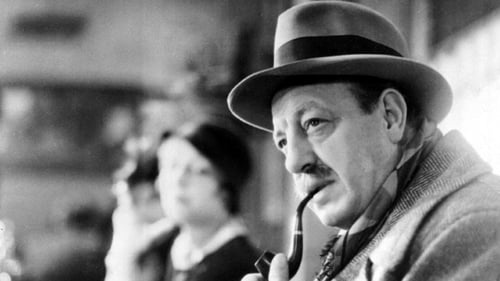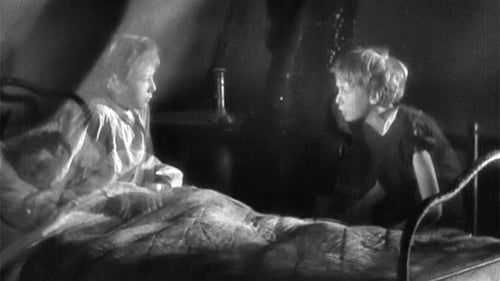
Fictionalized biography of the sculptor Bartholdi.

Pierre Buxeuil is better known as the popular clown Bux. One day, he falls in love with Nicole, a romantic but whimsical young lady. He soon elopes her and the beautiful Nicole follows him, persuaded that she will love circus life. Unfortunately for Bux she does not and she leaves him as a result. After a few other disappointments due to false accusations, Bux finally marries a kind-hearted circus acrobat and pursues a successful career under the big top.

Fedora swears to avenge the death of her fiancé, Prince Yarischkine, killed by Ipanoff who fled to Paris. She finds Ipanoff whom she falls in love with and he confesses to having killed her fiancé because Yarischkine was his wife's lover. But learning that her brother was executed because of Fedora, Ipanoff leaves her. Fedora commits suicide.

Le ministre
The rise of a canning maker and then his abandonment of the factory because his ideal of social progress for his workers is undermined by the Board of Directors.

le juge
Willy Ferriere is dead broke and his mistress costs a lot. One day, he says in a pub that he would give 100,000 francs to get rid of his wealthy aunt. Someone lets him know it's a deal. The aunt is murdered, and a poor chap is manipulated to be the perfect suspect. But Superintendant Maigret feels something is wrong.

The almost financially ruined French gentleman Gaston Dewalter spends several days in Biarritz before going off in the Hispano-Suiza, a luxe car which was a present from his friends. George becomes the lover of Lady Stéphane Oswill pretending he is wealthy. Then Stéphane spends the remaining funds with which the now desperate George hoped to rebuild his fortune in Senegal.

le parrain
El éxito de 'La otra Madre' ('Visages d´enfants', 1923), dirigida por Jacques Feyder, motivó que le ofreciesen la adaptación al cine de la novela de tintes autobiográficos de Jules Renard 'Pelo de zanahoria' o 'Zanahorio', que también se tradujo así en España. Feyder escribió un guión que no se llegó a producir y otra empresa le propuso el reto a Julien Duvivier, quien desarrolló su propio guión. El film de Duvvivier, tan cruel y emotivo como el libro que narra la desgraciada infancia y adolescencia de un niño maltratado por su madre hasta el punto de tratar de suicidarse en dos ocasiones, no ha perdido ni su capacidad de emocionar ni su sorprendente tratamiento innovador.

Georges Mallet
Melodrama mudo sobre el conflicto entre clases sociales a través de la vida de la desdichada Catherine Ferrand, una chica huérfana, que es víctima de los celos de las mujeres y la codicia de los hombres. Encuentra trabajo en casa de los Mallet, pero la señora desconfía de ella debido a las insidiosas habladurías de la gente del pueblo. Catherine acaba huyendo, pero, algún tiempo después, el amable señor Mallet, lleno de remordimientos, la busca e intenta rescatarla de la miseria.

Jeanne y Pierre, amigos de la infancia, se aman y desean casarse. Con la bendición de sus padres, Pierre escribe a un pintor amigo suyo, Philippe, para que esté presente en la boda. Llega Philippe y, además de pintar un retrato de la novia, se enamora de ella. Pierre, comprensivo, permite que su amigo se lleve a Jeanne a París.







